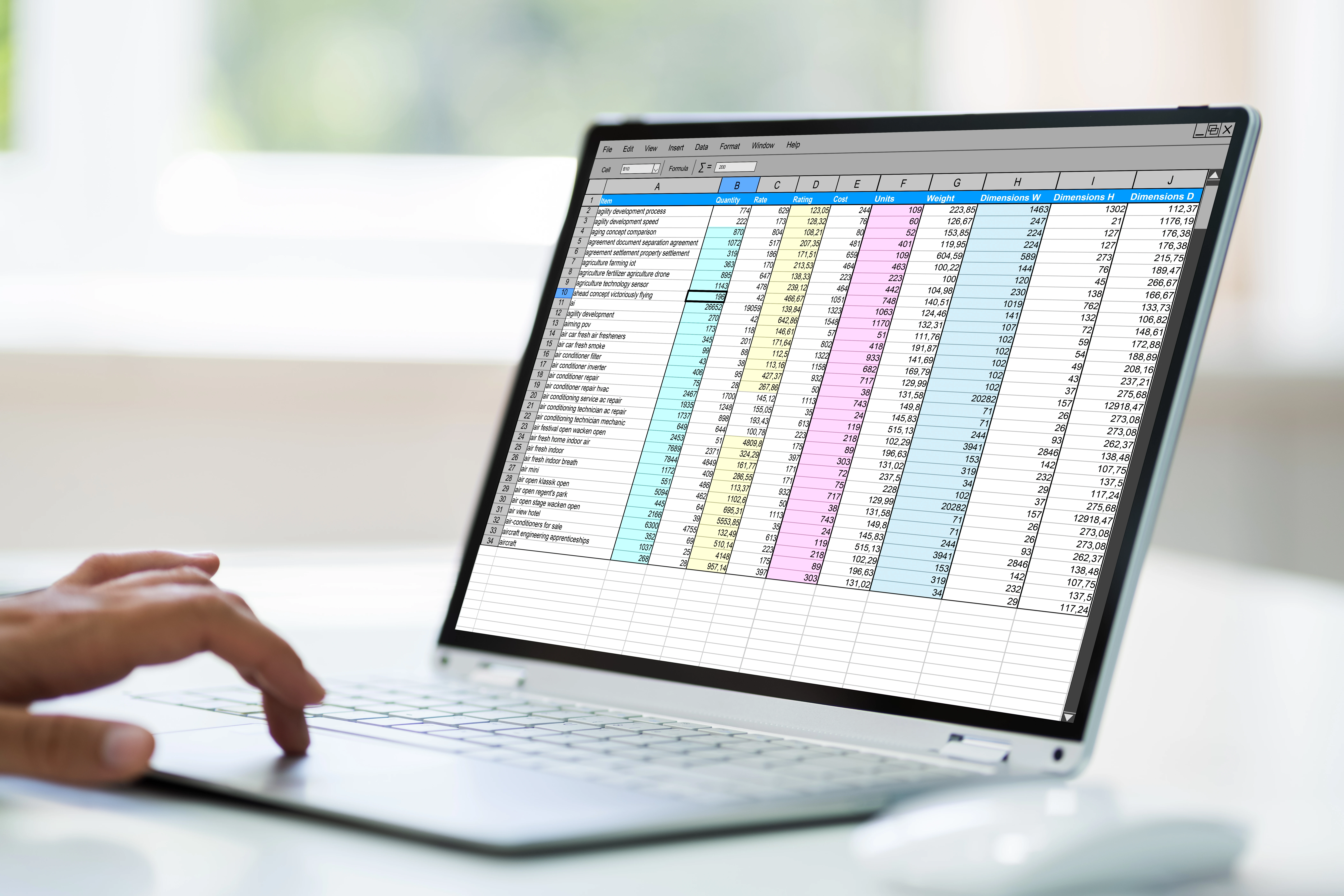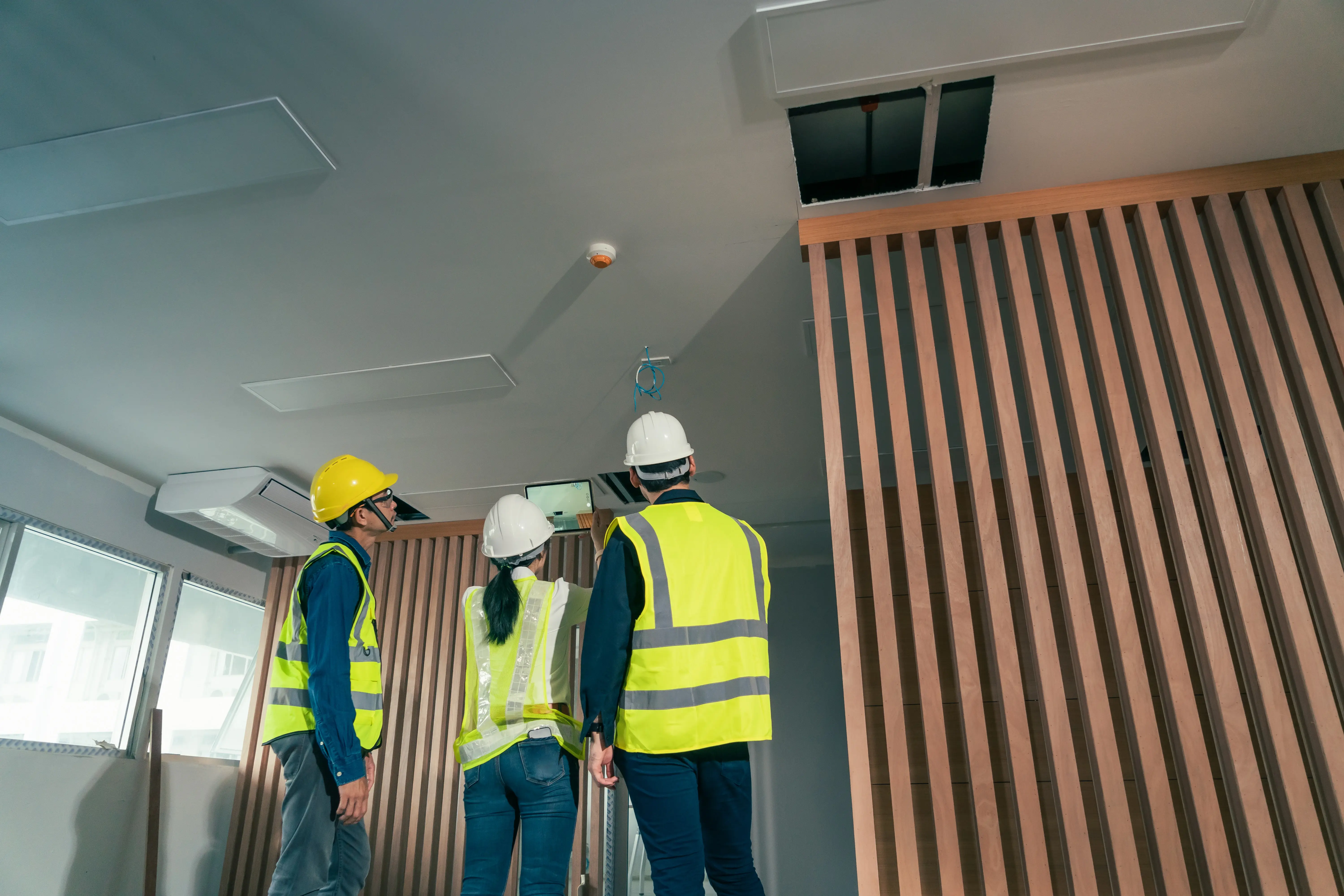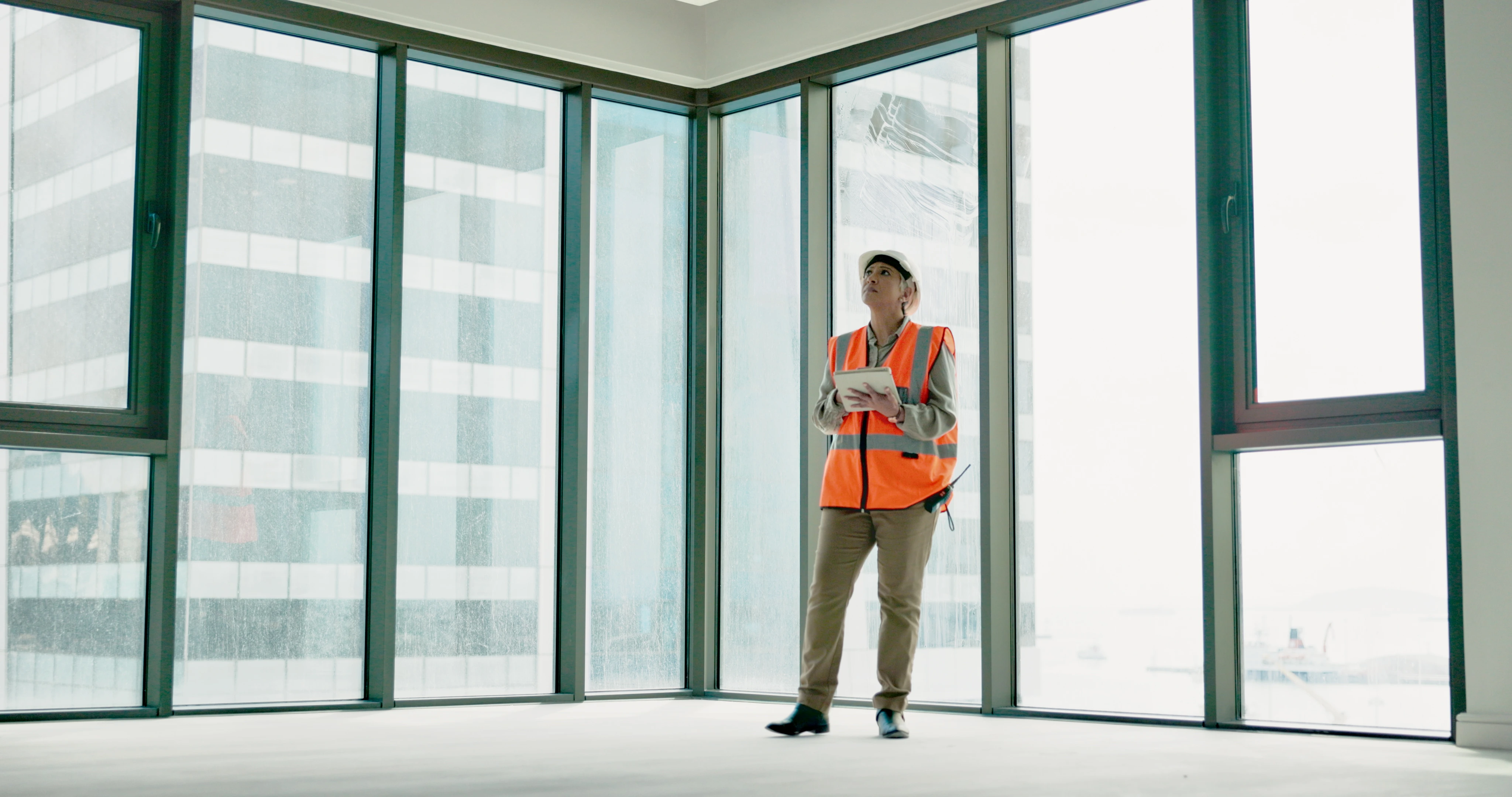Construction projects are complex. With so many parties, deadlines and moving parts, things can easily go off track. That’s why the role of Contract Administration (CA) is crucial – often unseen but essential for keeping projects running smoothly.
What is Contract Administration?
At its core, contract administration is about creating and managing agreements between employers (clients) and contractors. These contracts don’t just set out what needs to be done – they protect both sides if something changes or disputes arise.
But contract administration isn’t just paperwork. The CA may input into all areas of a project, including planning, cost summaries, Health and Safety as well as acting as Principal Designer for a project. It’s about guiding a project from concept to completion, ensuring clarity, communication and accountability along the way.
Who is the Contract Administrator?
A Contract Administrator (CA) is a neutral, informed third party who acts as the bridge between client and contractor –making sure expectations are clear and communication flows both ways.
Their responsibilities include:
- Advising on scope and project setup
- Supporting design and tendering
- Managing contractor relationships and performance
- Monitoring progress and costs
- Coordinating handover and closeout
In short, the CA keeps everyone aligned, resolves issues early, and helps the project stay on track from start to finish.
The Role in Action
Here’s a simplified look at what a CA typically does at each stage of a project:
1. Early Planning & Feasibility
- Advise on consultants and scope of work.
- Review existing building information and health & safety records.
2. Design & Pre-construction
- Run progress meetings.
- Coordinate reporting and financial updates
- Provide the Principal Designer with pre-construction information
- Notify the client of required approvals or actions and provide relevant information and recommendations
- Prepare tender documentation and support contract selection.
- Review and approve payment applications, then forward to the client.
- Advise on the best contract type, including liquidated damages and retentions.
- Ensure drawings, specifications and schedules are completed and coordinated to the programme.
- Submit designs, drawings and calculations to regulatory bodies.
3. Tender Stage
- Agree tender approach with the client.
- Identify suitable contractors and seek client approval.
- Handle contractor enquiries during tendering.
- Share tender-related correspondence with the client.
- Evaluate tenders, resolve any errors and recommend acceptance.
- Obtain client's decision on tender acceptance and act accordingly.
- Support contract preparation with consultants.
- Notify unsuccessful bidders.
4. Construction Phase
- Confirm construction phase information with the Principal Designer and client.
- Ensure site availability and agree start date with the contractor.
- Review contractor’s programme for timely completion.
- Chair regular site meetings to monitor progress.
- Provide regular progress reports to the client.
- Administer the contract, issuing notices, certificates and instructions.
- Advise on contractual claims and implement client instructions.
- Monitor progress and costs to stay on track.
- Issue interim payment certificates and advise on payments.
- Visit the site to check quality, progress and compliance.
5. Completion & Handover
- Provide client with operation, maintenance and health & safety information.
- Inspect and list defects; ensure timely rectification
- Confirm cleaning, testing and commissioning before handover.
- Deliver all statutory certificates and approvals.
- Issue Practical Completion and Making Good certificates.
- Review final account applications, issue payment certificates and advise the client.
Why It Matters
Miscommunication is one of the biggest reasons projects fail. A skilled Contract Administrator prevents that. They keep the project team aligned, reduce risk, and smooth out potential disputes before they escalate.
In short, contract administration doesn’tjust manage a contract – it strengthens the partnership between client andcontractor, setting projects up for success.
If you’d like to see how we can support your next project, get in touch.





